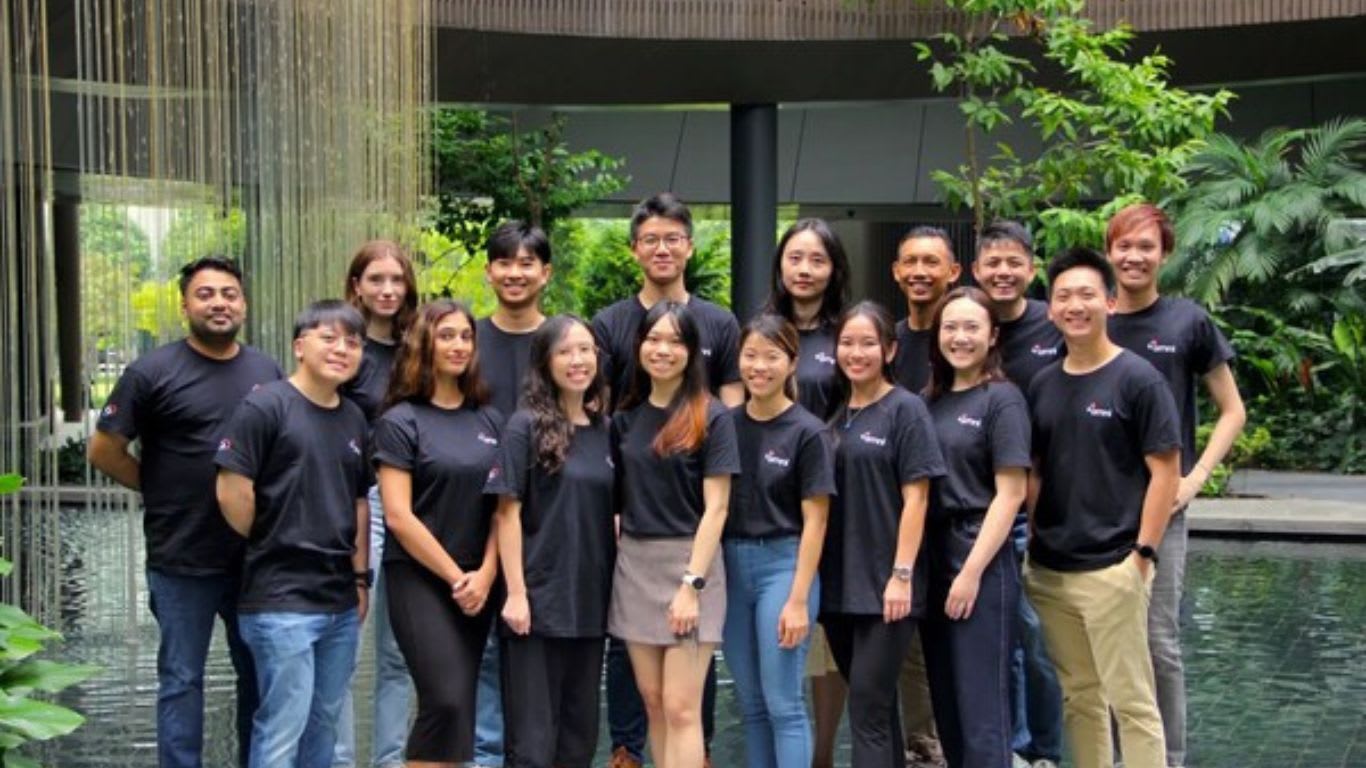Two in three business leaders and employees are already using generative AI both in their professional and personal lives, a new study says. The findings suggest that the fear of artificial intelligence replacing human workers might have merely been overblown.
Researchers from international business school INSEAD recently surveyed 1,200 alumni to find out how AI tools have impacted their careers. The respondents consisted of professionals from across different industries and continents.
Contrary to popular belief, workers are actually embracing AI use in the workplace. In fact, more respondents said GenAI would benefit employees more than their bosses, compared to those who thought otherwise.
For the researchers, this optimism could be linked to people’s belief that artificial intelligence would give everyone equal access to information and even improve efficiency across different job roles.
Jason P. Davis, an associate professor at INSEAD and author of the study, said the results of the survey show an early view of how business leaders perceive artificial intelligence.
By understanding what people think of AI and how they use the technology, Davis believes researchers can determine how it will be implemented across different industries and continents.
Embracing AI and all its benefits
In the INSEAD study, nearly half of respondents said they were “more excited than concerned” about AI adoption, while 42% said they were “equally concerned and excited” about the prospect. Only 9% of professionals said they were “more concerned than excited”.
The researchers also asked the participants about the potential benefits of AI to them. A vast majority (90%) of respondents said that generative AI will let them save time and increase their efficiency at work. It will also save them from their mundane and tedious tasks.
Meanwhile, 63% of participants said using artificial intelligence will help bring about progress.
Nearly half of those asked think AI tools are interesting and exciting, while 35% said the technology will improve their lives and society as a whole.
When asked how they use GenAI, 68% of professionals said they use the tool for personal reasons, and 64% said they use it for work. A mere 15% of respondents claimed they have not used the technology yet.
Fears about using Generative AI
As generative AI gains more prominence in workplaces, the more people develop mixed feelings about the tool. The disruptive nature of the technology has been the subject of many debates, especially on the potential impacts that it can have on businesses.
However, if many professionals are indeed intimidated by GenAI, then the results of the INSEAD study do not show it. Only 28% of participants believed AI would cost people their jobs.
Meanwhile, a mere 30% of respondents said the technology could end up outsmarting humans, and 37% said it could erode people’s connections with each other.
What the study participants feared more was not the potential of artificial intelligence to replace human workers. About 82% said they were worried that AI could be misused by others. Of these, 67% said the technology could be used for surveillance, hacking, and other privacy issues.
Generative AI adoption in workplaces
The INSEAD study also offered a glimpse at how businesses have adapted to artificial intelligence. More than half of participants said they were already using GenAI in their organisations. On the other hand, 27% said their organisations were already planning on adopting GenAI within the next few years. The remaining 21% of respondents said their organisations had no plans to integrate the technology.
The researchers also asked the participants who between individuals and organisations would benefit more from GenAI. About 43% said the technology would be more useful to organisations than to individual workers. Interestingly, a majority of the respondents were mostly experienced executives and managers.
Meanwhile, 47% of participants said both individuals and organisations would benefit from GenAI. Only 9% said individual workers would gain more from artificial intelligence than their organisations.
“Our findings underscore the complex and multifaceted perceptions of GenAI’s role in society. They reflect both the promise and the challenges it presents,” Davis said.
“But remember, the survey took place in the early days of GenAI. As the technology bursts along at light speed, perceptions and expectations may likewise evolve quickly. Another pulse check may well be due soon.”











